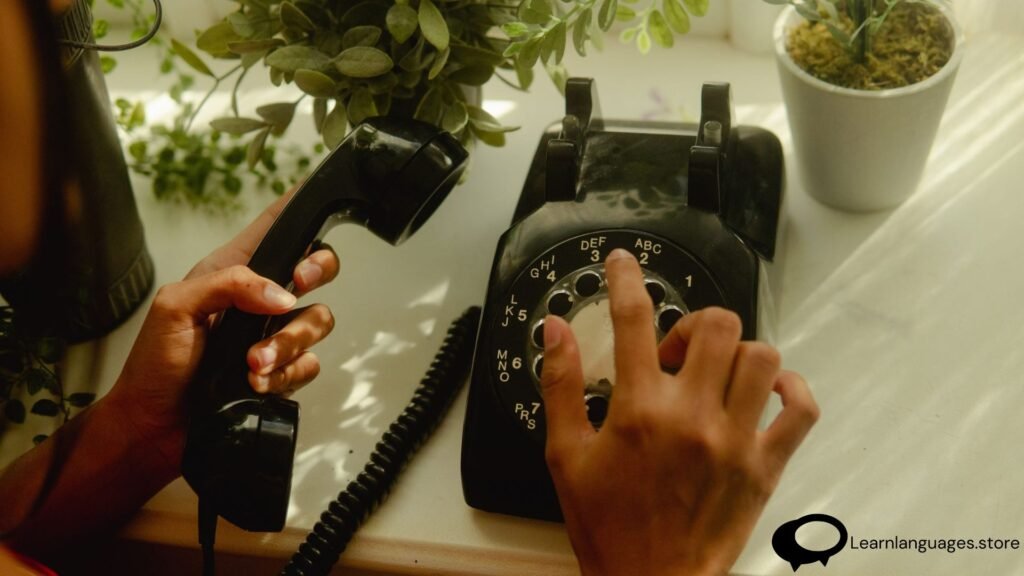IS IT HARDER TO MAKE FRIENDS IN FRANCE?
IS IT HARDER TO MAKE FRIENDS IN FRANCE?
We can’t help but notice certain cultural contrasts at learnlanguage.store , where there are so many French and Americans coming together. This discussion focuses on the main friendship differences between dating in France and the US, as well as advice on how to meet French friends.
Estimated reading time: 6 minutes
FIRST IMPRESSIONS
You may have heard that the French are “coconuts” while Americans are “peaches” when it comes to friendship. In the US, being friendly is typically seen as a component of being courteous. Americans, resembling peaches, are known for their chattiness, gregariousness, and openness to new experiences despite their perceived softness and approachability. Upon passing this façade, one may encounter a guarded “pit” that is more challenging to enter. The French are known for their aloof nature and selective approach to people, often taking time to break free from their outer shell. However, similar to coconuts, after breaking through this shell, you’ll discover a soft, sweet interior.
Americans may find this discrepancy disheartening, as they are excessively amiable as compared to French people. While cheerful service staff and smiling at random people are perfectly acceptable in the US, they come off as phony in France. Marianne highlights that some French people in the US appreciate the ease of social interactions, even if superficial, which can make daily life more pleasant. However, Americans might find solace in the knowledge that if a French person appears to be getting along with you, it means they truly regard you as a friend!

COMMUNICATION STYLE
The Americans have perfected the art of indirect communication, but the French are renowned for being quite upfront and always speaking precisely what’s on their mind. A common occurrence for most Americans is running into an old classmate, buddy of a friend, or coworker and exchanging pleasantries like “catch up soon!” even if neither of you truly means it. The French, who communicate in a “no BS” manner, as Marianne describes, find this very alien:
Every French person who relocates to the US has a similar story to tell about meeting new people who act very friendly right away and say things like, “Let’s totally get coffee/dinner sometime!” The French person takes the offer seriously and is excited about the possibility of meeting new people, but the coffee/dinner never happens. That kind of stuff would only be spoken by a French person if they meant to follow through.
This implies that you won’t ever have to question if a French person who invites you to hang out is genuinely interested in doing so or is simply being polite. Additionally, since everything you say will be seen as such, you should always mean what you say.

DEFINING THE RELATIONSHIP
In the US, there are a lot of labels and terminology used to describe relationships when it comes to dating. We utilize more narrower definitions and phrases when referring to friendships; for example, a “friend” may be someone you have known for a long time and have a strong connection with, or it could be someone you aren’t close to but share a few friends with.
The situation is reversed in France, where there is a greater variety of terminology that may be used to refer to friends while the dating terms are more restricted. Each word has a distinct connotation related to the friendship. What Pierre has to say is as follows:

I believe that relationships are generally more serious in France. It may have to do with the entire dating divide: unless otherwise stated, you are considered a boyfriend or girlfriend if you start going on dates and sleeping with someone. Although it appears contradictory because friendship seems to be the exact opposite—you don’t immediately gain the title of friend—I believe it all boils down to appreciating the other person. To sum it, I can say what a French lady who had lived in New York City said to me before I moved: “You will have plenty of opportunities in the US, but you won’t have many friends.”
The terms French people use to define their friendships do have equivalents in English, but have much more gravity when used in France. Here are the most common ones:
- Un·e connaissance (an acquaintance) is someone you know of, but not very well.
- Un·e ami·e d’ami·e (a friend of a friend) is someone you have an indirect relationship with, but don’t really see on a regular basis or hang out with on your own.
- Un·e pote / un·e copain·ine (a friend) both terms mean someone you feel fairly close to and hang out with pretty regularly.
- Un·e ami·e (a (close) friend) conveys a certain closeness, as with pote and copain·ine, but is a bit stronger. Calling someone “ami·e” is considered a big step in France, as with calling someone your girlfriend or boyfriend in the States.
LONGEVITY

The French value personal friendships above a vast number of acquaintances and are extremely devoted to their pals. Gaining the status of “friend” may require effort, but once you do, you’ll be in for life. But this might make things a bit challenging for someone who has recently relocated to France and is attempting to establish acquaintances. “I believe that a contributing factor to the difficulty is that all of their friends are either from elementary school, high school, college, or primary school,” explains Lucia, an American-Peruvian who resides in Paris. And since they’ve just known each other for so long, it’s quite difficult to enter into any of those groups.
SO, IS IT HARDER TO MAKE FRIENDS IN FRANCE?
Please start the drum roll. Indeed and no. Making friends in France may initially be more challenging, but this is true of any culture that is distinct from your own. The important things are to try and to have an open mind. Our top advice for establishing friends in France is as follows:
Just be who you are. Though a little corny, this is the case! You should not waste time attempting to appeal to a broad audience since the French place a high importance on authenticity. Friendships will be much stronger and richer if you focus on and spend time getting to know people you have a lot in common with.
Never hesitate to initiate contact! After living in France for five years, Lucia has discovered that it is feasible to meet new people, but you have to put yourself out there and say, “Go if there’s an apéro happening.” If you hear someone arranging things, you should think, “That sounds so cool.” I would be delighted to attend, as the majority of the time they will accept!”
Learn Languages Store
Vashi,
Email: services@learnlanguages.store










